“There Is Need Of Extending The Jurisdiction Of The Council To Certain Acts”
- Par Eulalia AMABO
- 07 Feb 2023 16:37
- 0 Likes
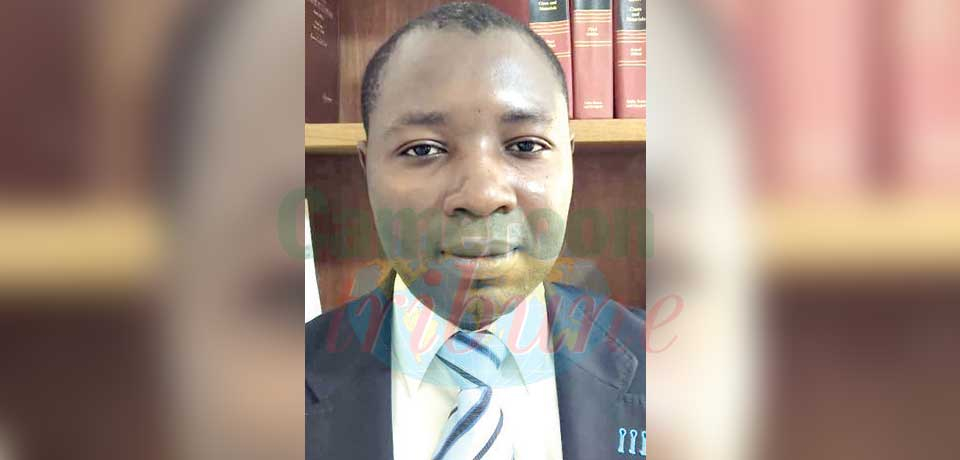
Dr Eric Adol Gatsi Tazo, Constitutional, Public Law Consultant, University of Buea.
The Constitutional Council has been existing for the past five years. What appreciation do you make of the creation of this institution in contributing to enhancing the democratic process of Cameroon?
The implementation of the Constitutional Council was done by two separate Presidential decrees of February 7, 2018 appointing members and President of the Council. On March 6, 2018, these members took the oath of office before the Parliament meeting in Congress. The first reason for the creation of the institution relates to the then pressing need to complete the institutional architecture of the State as intended by the 1996 Constitution. By way of reminder, the 1996 Constitutional text created new institutions, including the Constitutional Council. This effective establishment was necessary to put an end to the interim period exercised by the Supreme Court, which had already lasted more than 22 years. The second reason is related to the importance of the Constitutional Council in the institutional architecture of the State. The Constitution entrusts the Constitutional Council with a function that can be divided into three categories, namely a contentious function, an advisory function and a right of supervision over the functioning of State institutions. The contentious function of the Constitutional Council is that by which the Council settles a dispute. The consultative function of the Constitutional Council allows it to give its opinion and advice to any authority having locus standi, on any matter falling within its competence. As for its right of supervision over the functioning of the State institutions, it allows the Constitutional Council either to give its opinion before certain decisions of the President of the Republic. These functions theoretically place the Constitutional Council at the centre of the functioning of the State. They make it the guarantor of the respect of the Constitution and the achievement of the rule of law.
How do you rate the various decisions of the institution?
Out of the 133 rulings identified, there are about twenty in favour of the petitioners, all resulting from the dispute of the 2020 legislative elections. Such was the case in the North-West and South-West Regions, where elections were cancelled in eleven constituencies, due in particular to the climate of insecurity which prevailed there during the electoral operations. However, it can be observed that the vast majority of the rulings are indeed not in favour of the petitioner: no favourable ruling was rendered during the first two electoral disputes handled by the Constitutional Council out of 38 petitions filed (eight during the Senatorial election of 2018 and 30 during the Presidential election of 2018). While around 70 rejections were recorded out of the 95 petitions introduced during the 2020 legislative litigation. The observation is clear: judgments of the Constitutional Council record around 17 per cent success against around 83 per cent rejection. The reasons for these statistics, which are largely unfavourable to the petitioners, are manifold, and can be attributed both to the attitude of the parties involved in the litigation and to the nature of constitutional litigation. Regarding the attitude of the actors, a significant fraction of the rulings of the Constitutional Council is made up of rulings sanctioning formal defects or lack of jurisdiction. For example, during the post-electoral litigation of the 2018 presidential election, out of the 18 appeals lodged for the cancellation of electoral operations, 16 were declared inadmissible, which ironically earned the Council the nickname of “irrecevable Council”. This is due to a lack of knowledge of the litigation procedures and the formalism in force before the constitutional judge on the part of the applicants who venture into litigation without any real preparation and mastery of the subject matter. On the reasons linked to the nature of constitutional litigation, and in particular electoral litigation, it should be noted that it is a particularly complex litigation where the election has more chance of being maintained than of being annulled. The electoral process enjoys a presumption of regularity which it is up to the person who challenges it to overturn.
From your observation, is the population well versed with matters to be brought before the Court?
There is indeed an issue of mastery of the procedures before the Constitutional Council and its jurisdiction by the public. The analysis of the rulings of the Constitutional Council testifies to the fact that several petitions are introduced either in flagrant ignorance of the forms and procedures, or by persons ...
Cet article complet est réservé aux abonnés
Déjà abonné ? Identifiez-vous >
Accédez en illimité à Cameroon Tribune Digital à partir de 26250 FCFA
Je M'abonne1 minute suffit pour vous abonner à Cameroon Tribune Digital !
- Votre numéro spécial cameroon-tribune en version numérique
- Des encarts
- Des appels d'offres exclusives
- D'avant-première (accès 24h avant la publication)
- Des éditions consultables sur tous supports (smartphone, tablettes, PC)






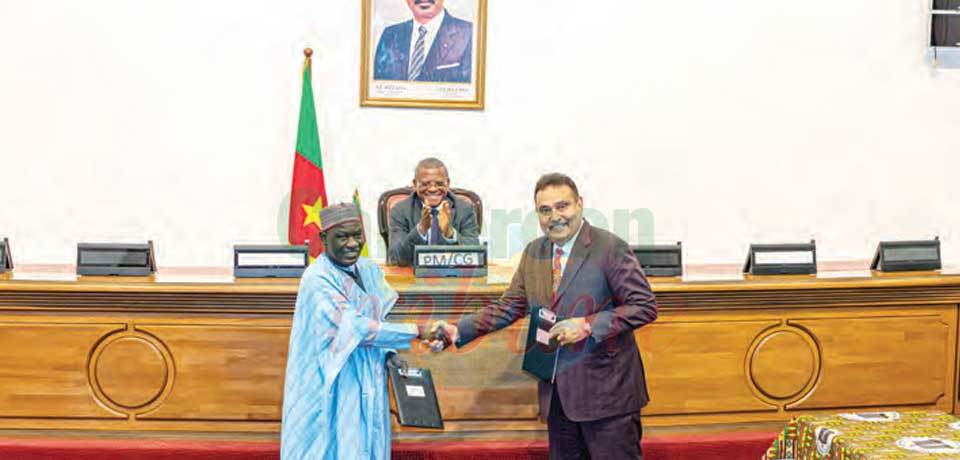
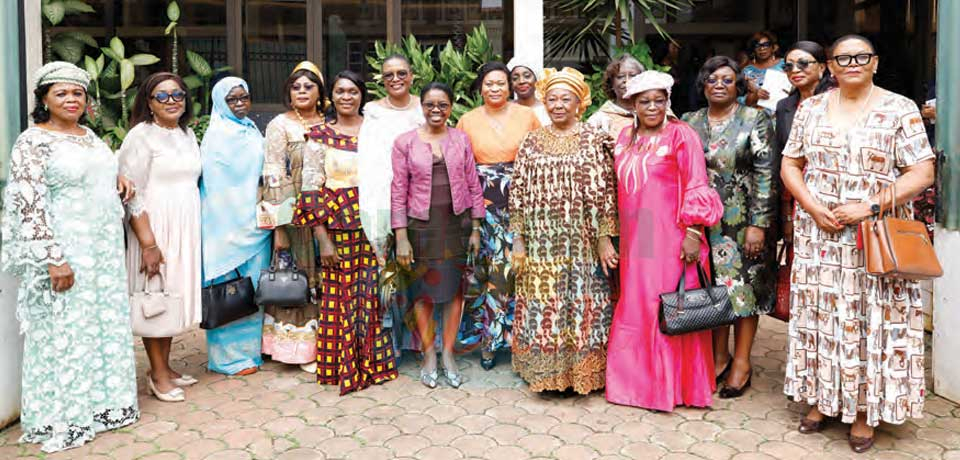
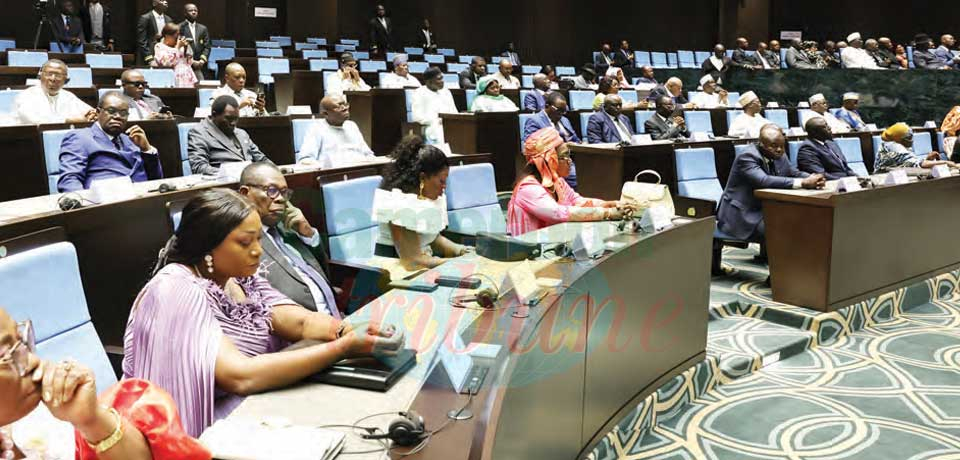
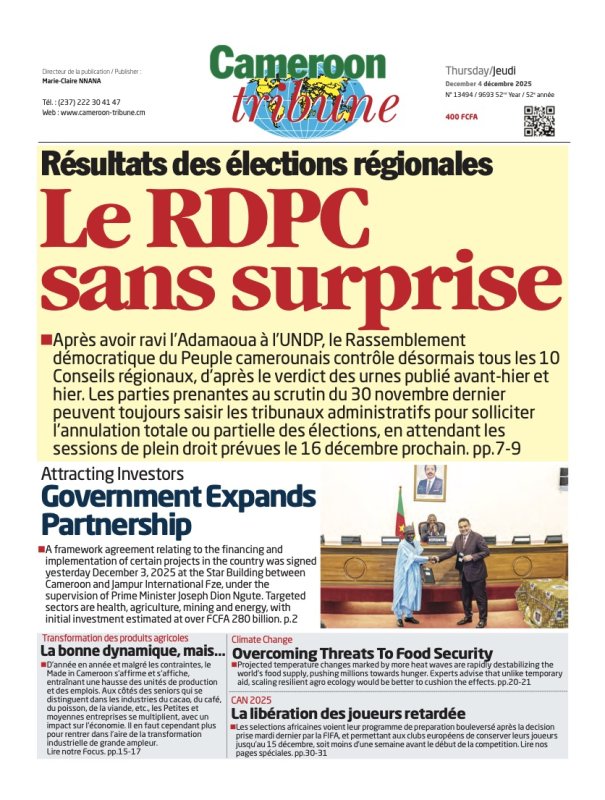




Commentaires